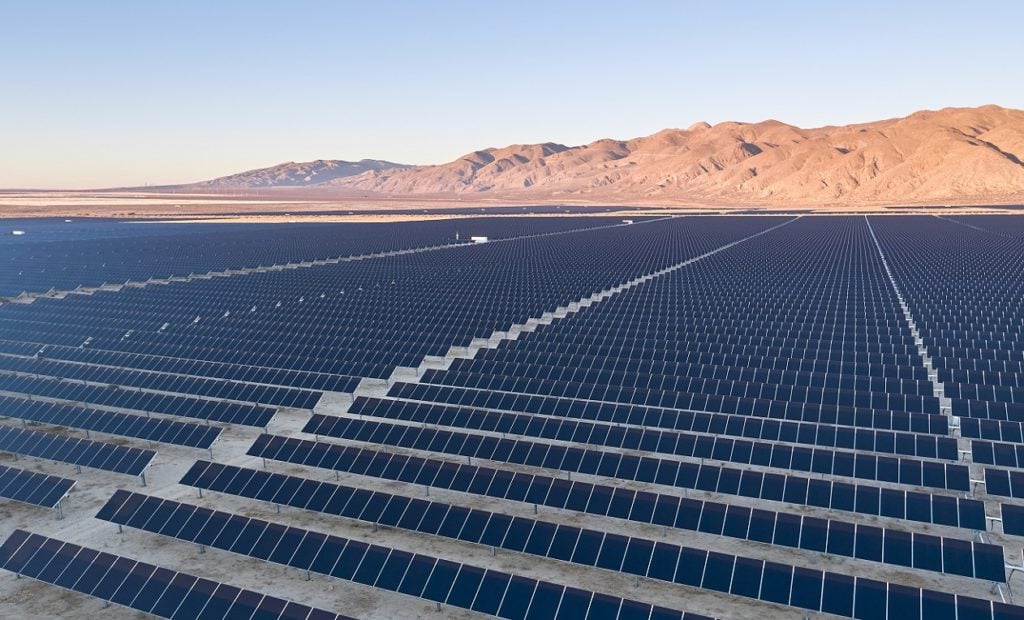
The International Code Council’s (ICC) members have approved proposals from trade body the Solar Energy Industries Association (SEIA) that designate US solar and storage projects as Risk Category 2 infrastructure, instead of the most stringent category.
SEIA said that without its intervention, a proposal from the Federal Emergency Management Agency (FEMA) would have required solar, storage and wind projects to meet Risk Category 4 requirements and be built to withstand damaging natural disasters far beyond what is needed, resulting in a dramatic spike in construction costs.
Try Premium for just $1
- Full premium access for the first month at only $1
- Converts to an annual rate after 30 days unless cancelled
- Cancel anytime during the trial period
Premium Benefits
- Expert industry analysis and interviews
- Digital access to PV Tech Power journal
- Exclusive event discounts
Or get the full Premium subscription right away
Or continue reading this article for free
Abigail Ross Hopper, CEO at SEIA, said the ICC members’ decision “is undoubtedly a victory for clean energy deployment” in the US after more than 300 companies signed a letter last month urging approval of SEIA’s compromise proposals.
“The extreme and overly burdensome code measures that would have been required under the FEMA proposal could have stifled clean energy growth without improving grid resilience,” Ross Hopper said. “The resulting effect, whether intended or not, would have been a disastrous decrease in renewable energy projects while we aggressively strive to meet important climate goals.”
While the goal of FEMA’s proposal is to increase grid reliability, SEIA’s compromise framework includes a carve-out for solar projects to be designated as Risk Category 2, which the trade body said balances a significant increase in the structural requirements for solar facilities with enough breathing room for project construction to move forward.
In the letter sent to ICC governmental member voting representatives last month, 318 clean energy companies expressed their “deep concern” around FEMA’s proposals, which they said could “negatively impact the deployment of job-creating clean energy projects nationwide”.
In a statement published on Friday, Ross Hopper called for the taxpayer-funded process managed by government agencies such as FEMA to develop building codes proposals to allow more collaboration, transparency and participation from stakeholders.
“In this case, it did not include input from the day-to-day experts on real world economic impacts, electricity grid reliability, sustainability and climate change,” she said.






